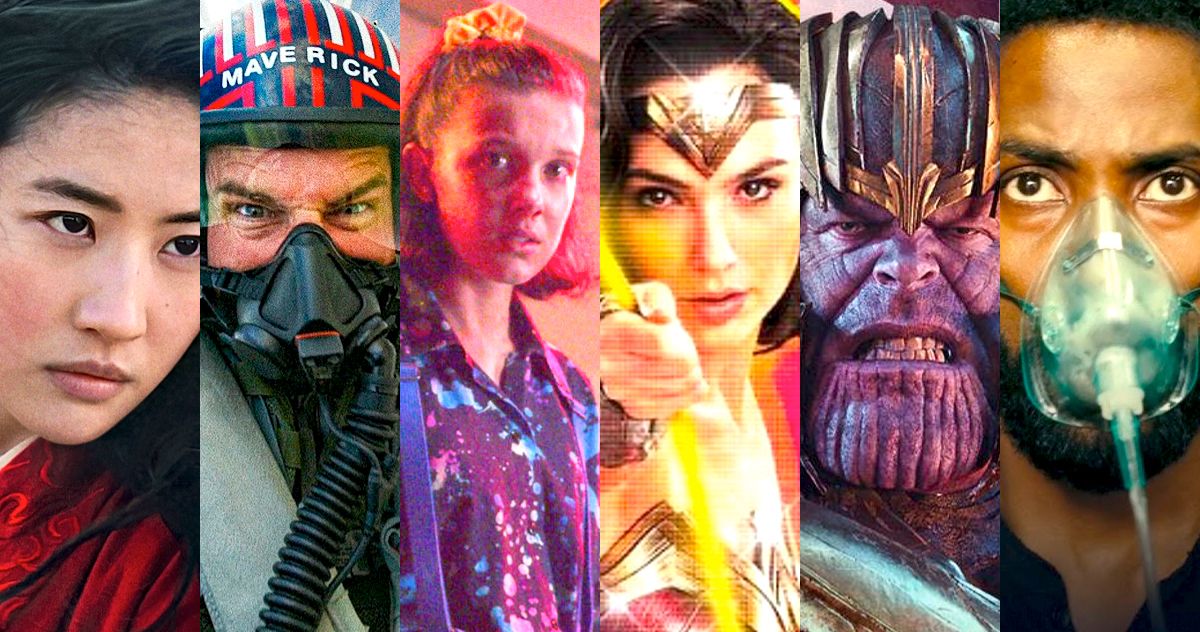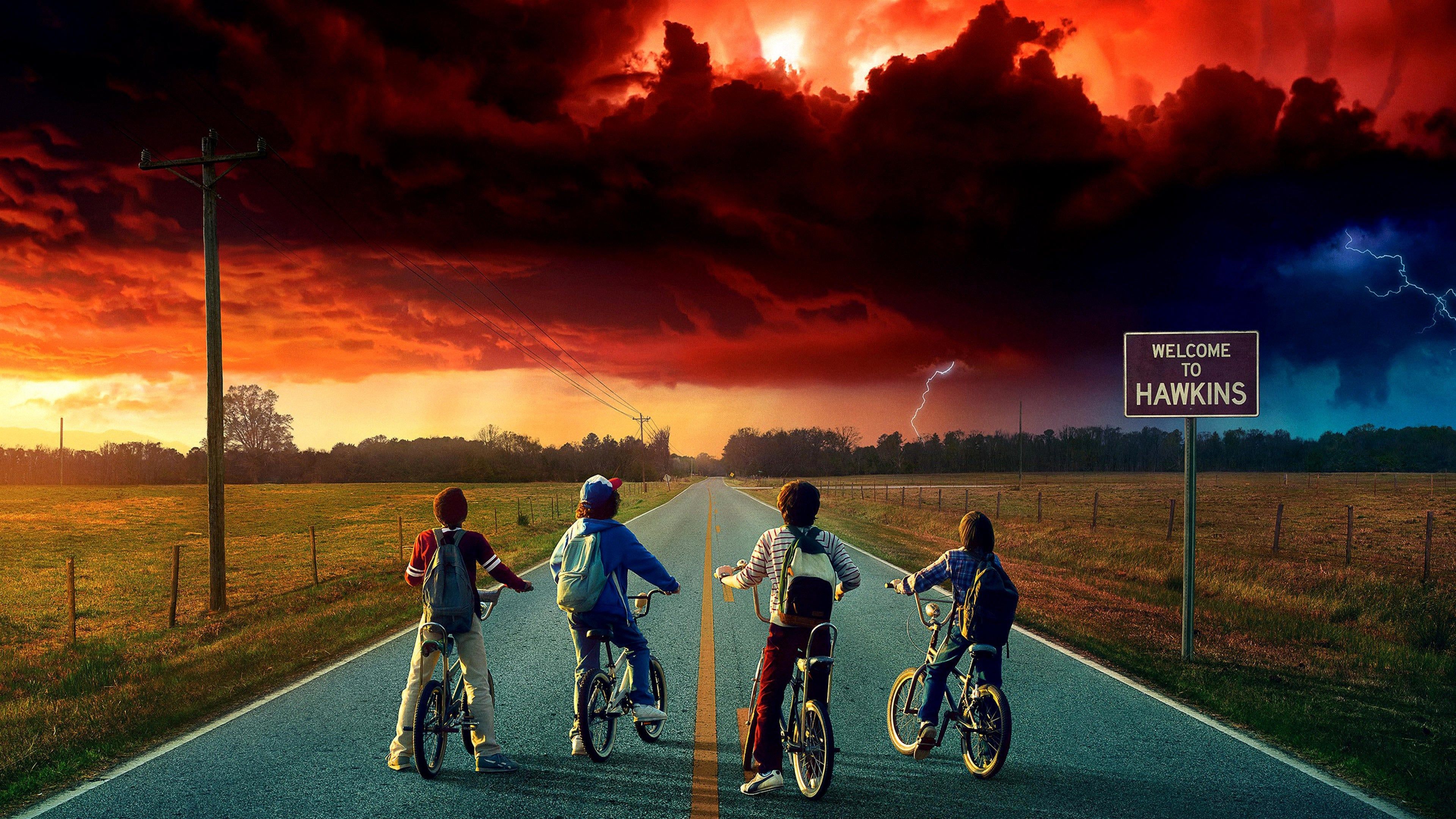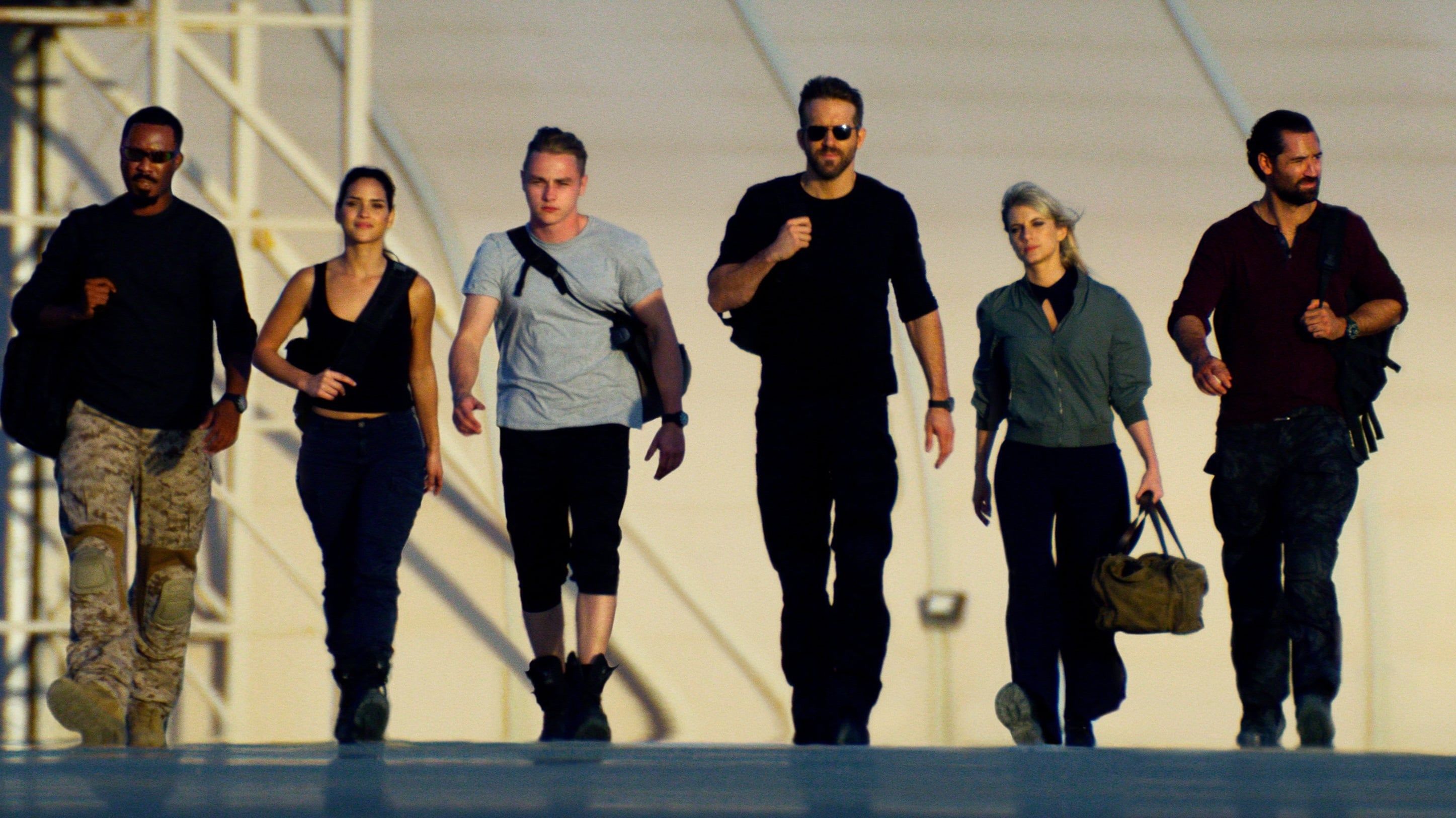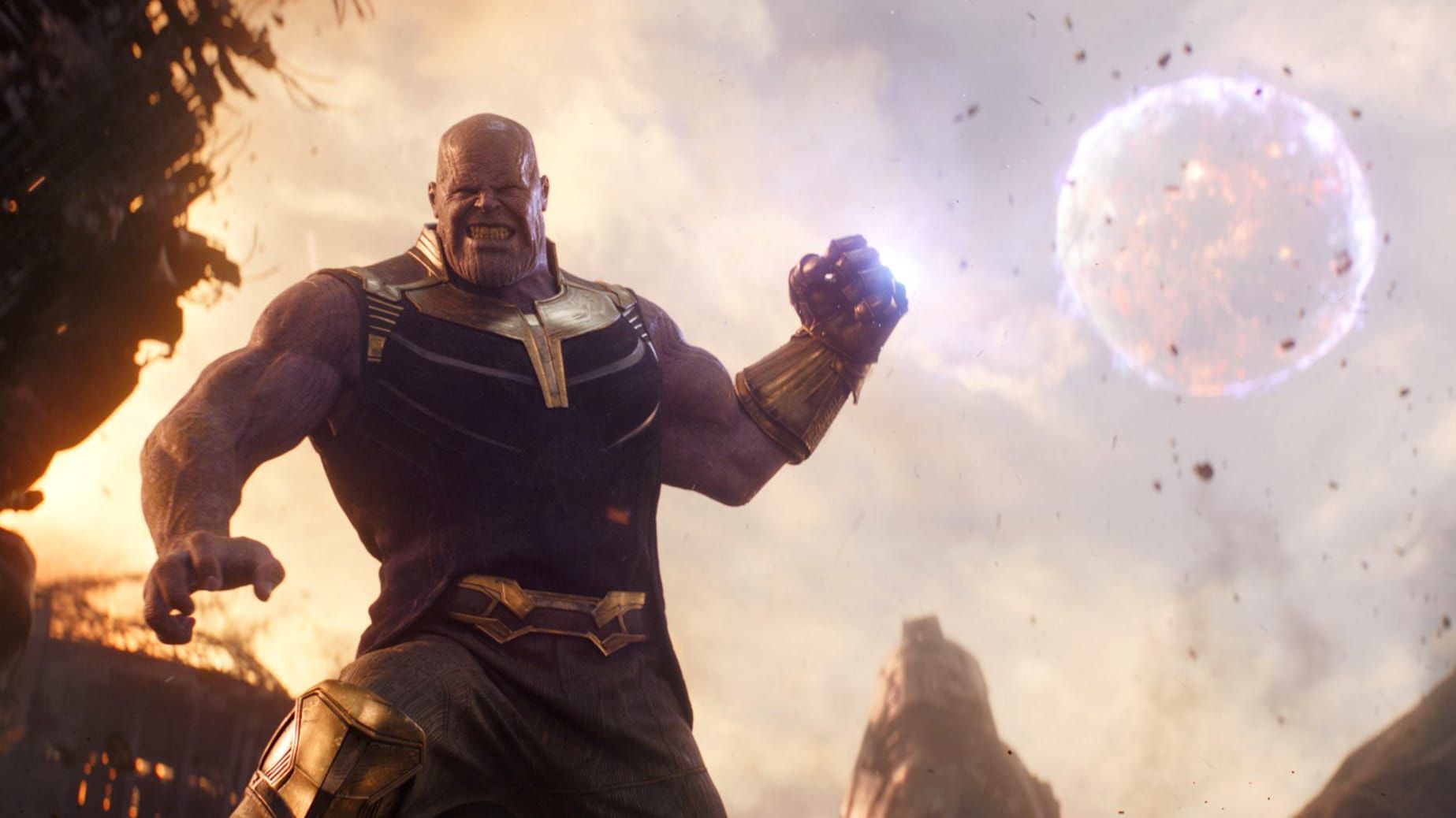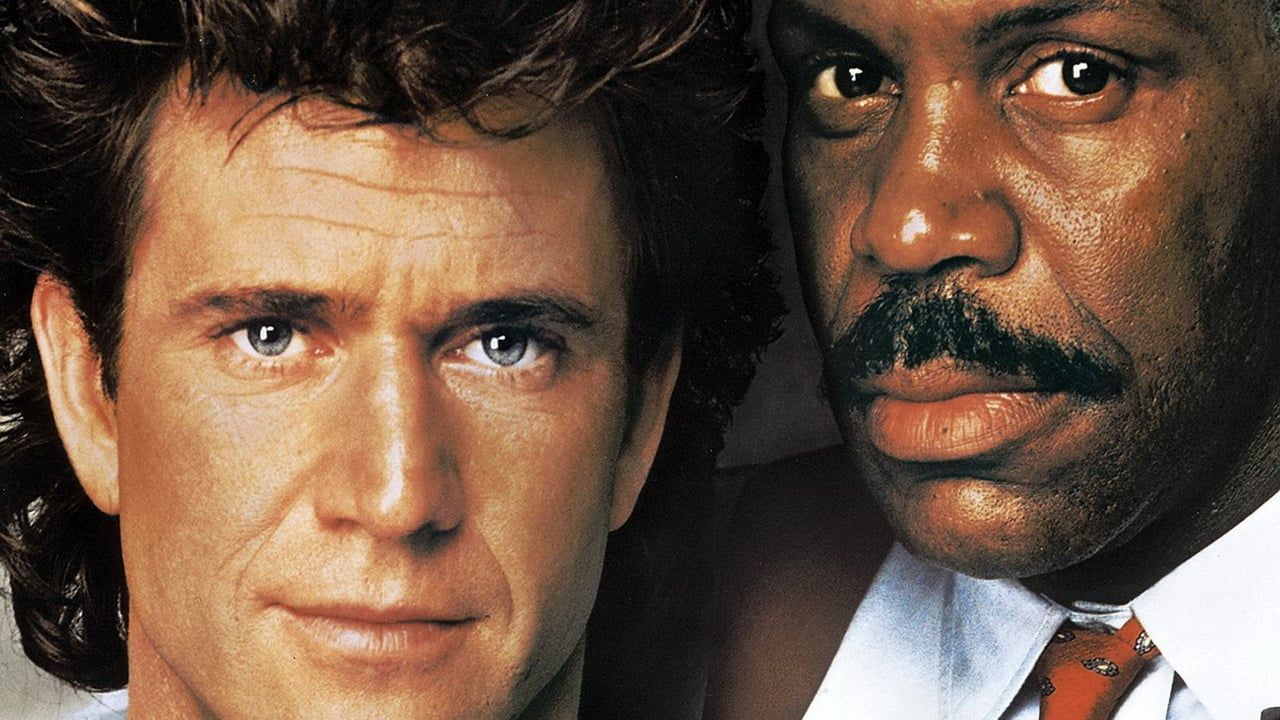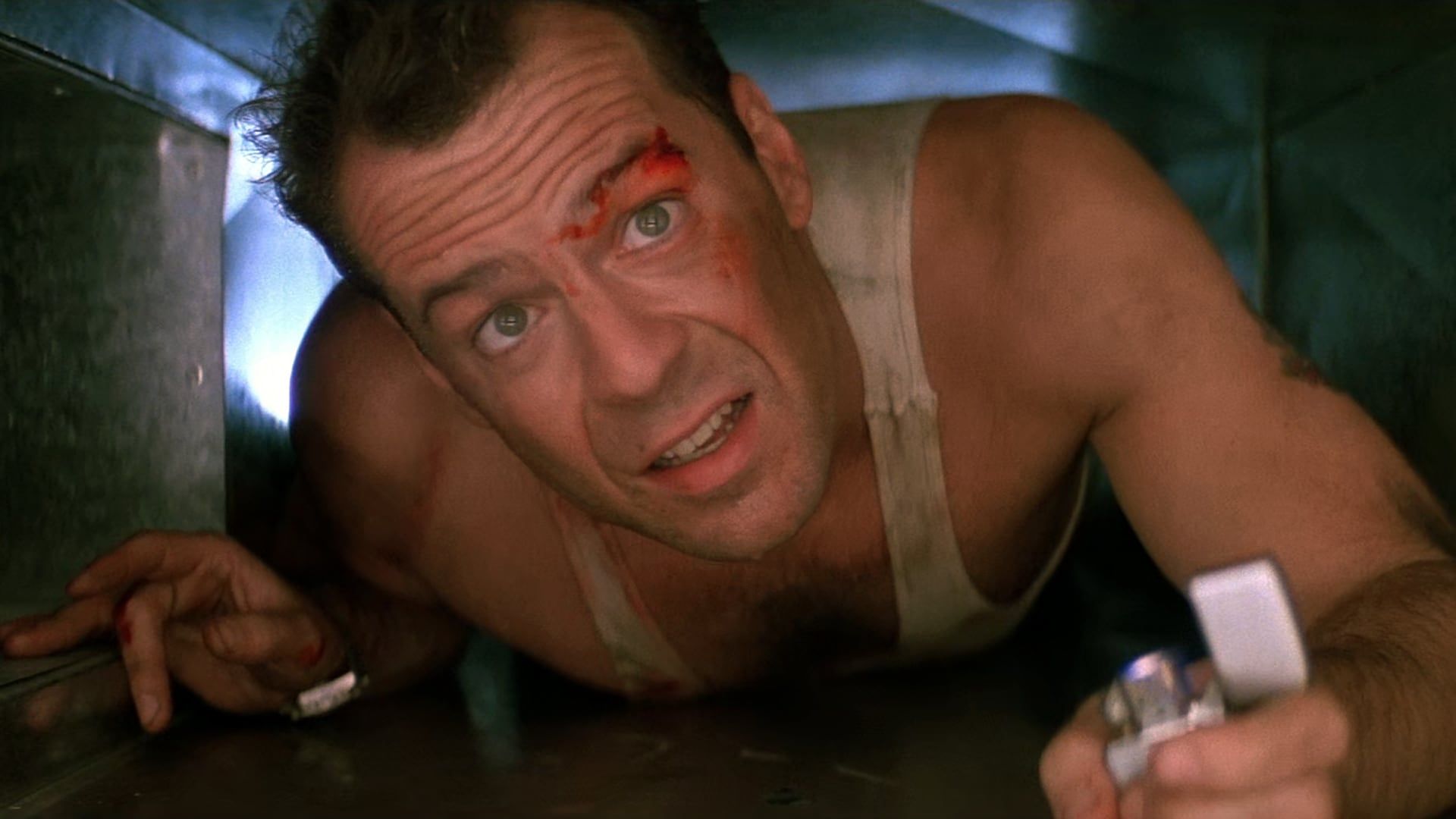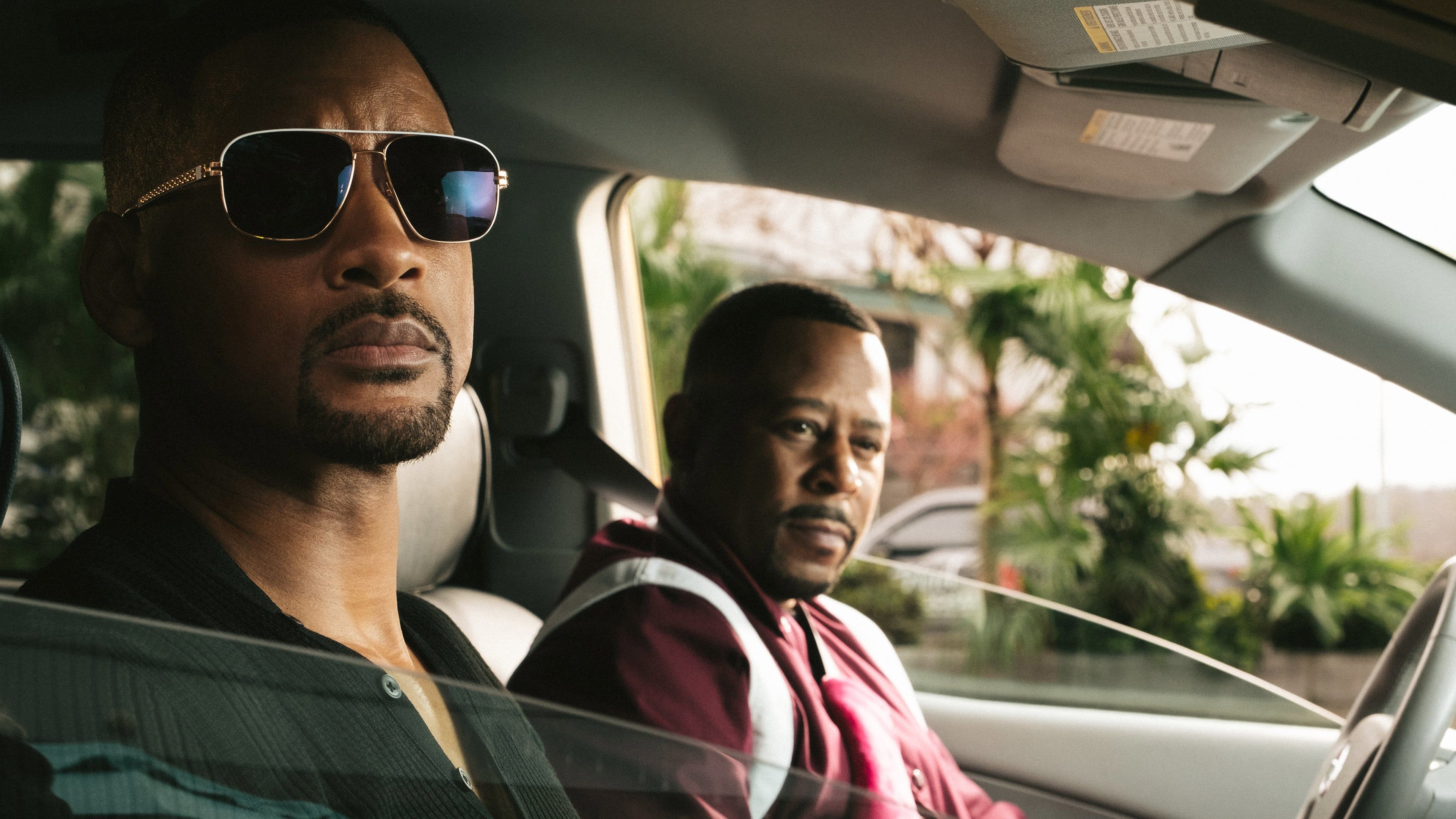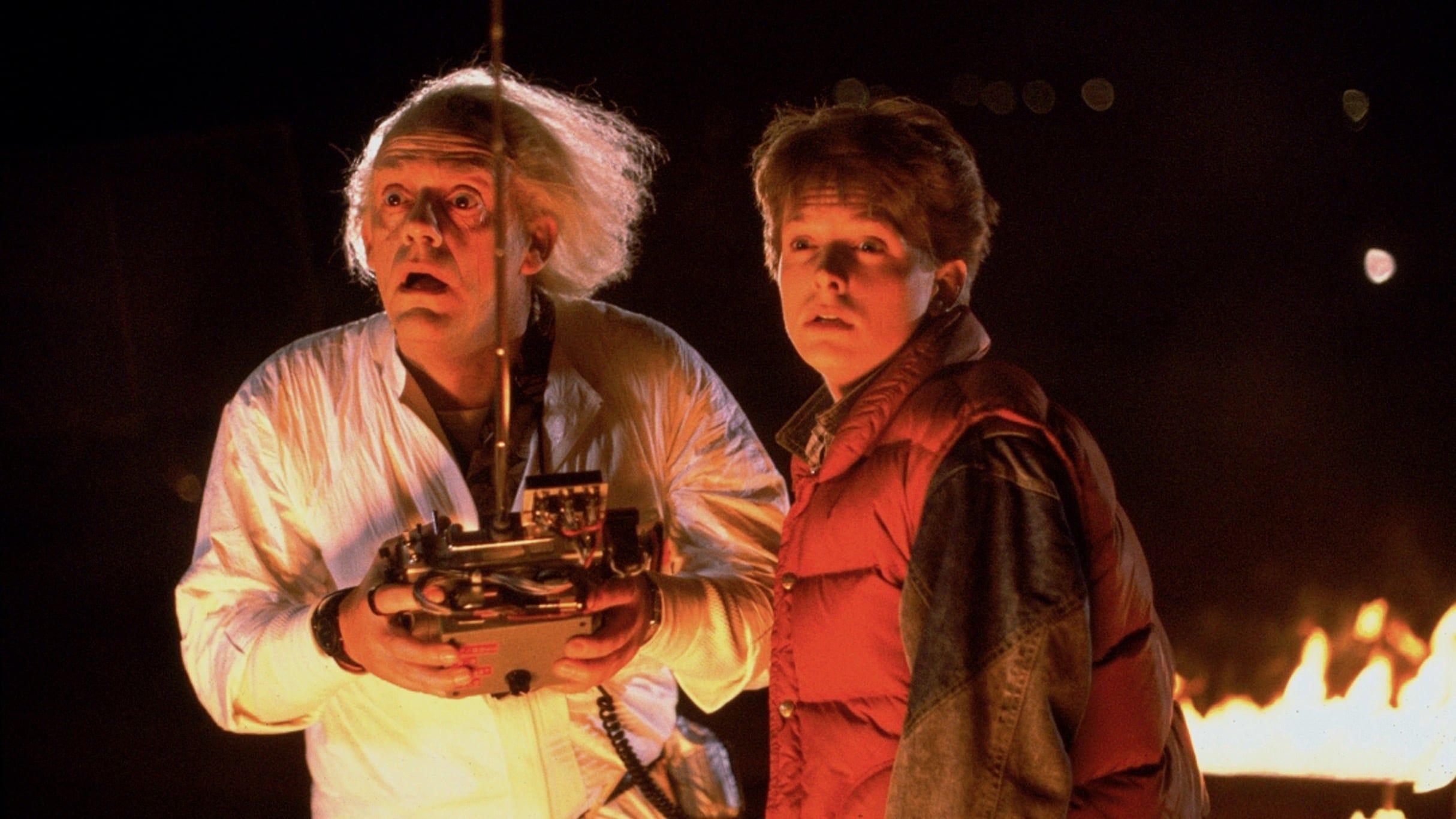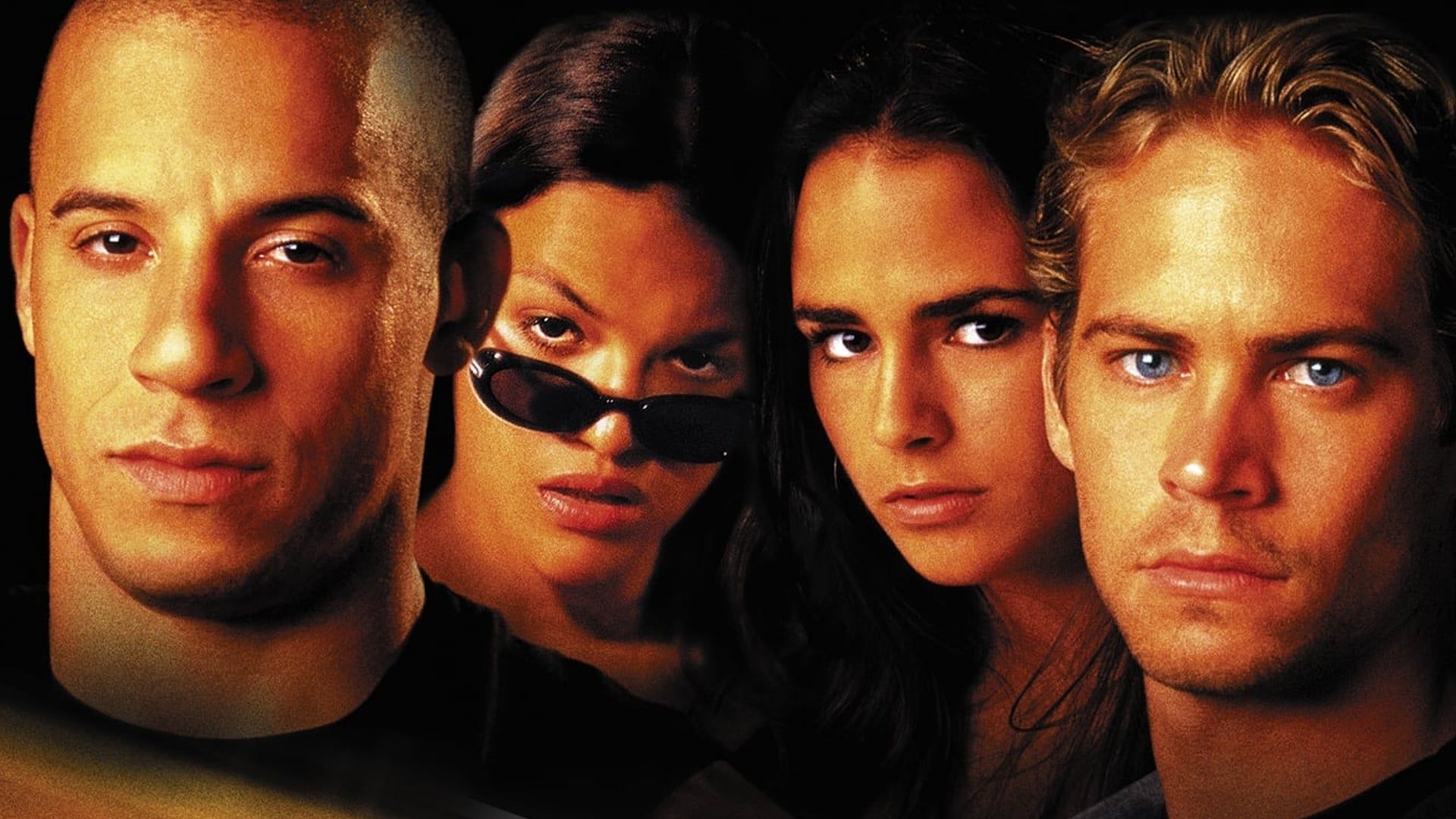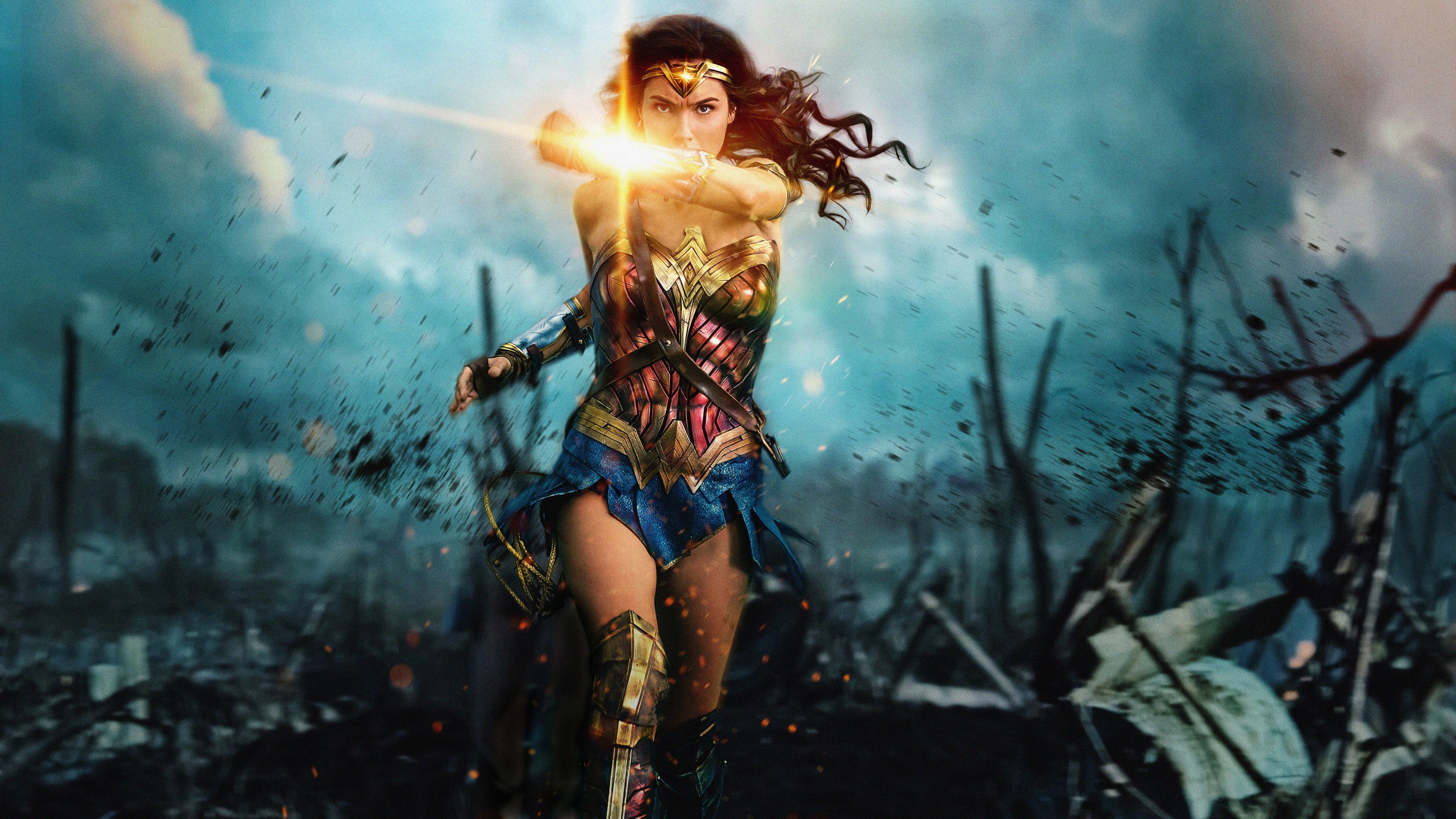When movie theatres are eventually allowed to reopen and invite audiences back into their auditoriums, it could be very difficult to coax cinema patrons to return, believing that they will be safe. Setting aside for the time being that convincing audiences that the measures taken to safeguard their health and well being will be no easy task, what to program on the big screen will likely be more critical.
With no studio agendas to support through bookings and a completely clean slate to program their screens, many exhibitors are scratching their heads, wondering what will bring their audiences back. Unfortunately, with no big studio pictures, the big studio marketing budgets flooding TV, radio and internet will also be also missing.
How, then, do cinema operators rebuild confidence and encourage repeat attendance - in the absence of huge marketing budgets? What movies will draw moviegoers, not once, but multiple times - which will prove to audiences that moviegoing is safe?
Of course, we'd all love to see No Time to Die, or A Quiet Place II or Black Widow hitting the screens on the first weekend, but given the global scope of the health and economic crisis, studios can't realistically land their biggest and highest budget tentpoles in enough open theatres to hit the necessary numbers right out of the gate.
Before we jump right in and start pulling titles out of a hat, or just look through unreleased titles and pull an esoteric mix forward, we should first consider the composition of the audience. Given that the younger demographics (ages 15-35) have been statistically shown to be less susceptible to the virus than older groups (55+), programming for these audiences could be the most effective strategy to fill seats and rebuild confidence.
Beyond targeting this younger demo, programming screens to feature a natural demand 'pull' (organically bringing people back to the theaters without immense marketing budgets) will be a key element of booking strategy. The best way to build this organic demand is to program films with built-in audiences and multi-film 'legs'. The bottom line is that running a 3 or more title franchise series will build repeat viewing faster than trying to guess what esoteric collection of stand-alone titles audiences will turn out for even once, let alone for multiple admissions.
The other factor to consider is whether to run relatively new titles, or those from a major library (such as something from the vast Disney and related archives, like Marvel, Lucas or Fox). Realistically, more recent titles and almost anything from the Disney-related archives are going to be both costly and difficult to book, although many of those would, indeed, have a strong built-in audience. Older titles and those from studios willing to flexibly price, or even offer discounted or subsidized booking.
- To summarize the booking strategy, cinemas should look for the following:
- Titles likely to be popular with, or attractive to, younger demographics - who may be more willing to return to cinemas earlier and more frequently.
- Older, but well-known franchises with multiple popular titles in a series that can be run over multiple weeks to encourage repeat attendance without the requirement for extensive or costly marketing.
- Titles should be (relatively) inexpensive to book, if not subsidized, so that cinemas can run with low or no admission cost, again encouraging multiple return visits in a short period of time (over weeks, or at most, 1-3 months for extended series.
All of the above in mind, booking should target admission costs to consumers of no more than $1-$2 per ticket (of which the cinemas should keep the entire amount). Audiences would appreciate the bargain pricing, given the economic hardship most have faced. Series and franchise bookings should allow for moviegoers to purchase a package of tickets to see all movies in the franchise for a single price (even spanning nights or weeks), or purchase each separately for a reasonable price.
With these key tenets in mind, here is our list of the titles/series that cinemas could strive to book to rebuild frequency and confidence among their movie-going audiences.
11 Stranger Things Season 1
Negotiating an arrangement with Netflix to run a series run of a season of Stranger Things could be a valuable opportunity for both cinema operators and the highly-valued streaming pioneer. First of all, Netflix could easily offer this to cinemas free of booking fees. Let's face it, in the age of increasing streaming competition, slotting one of their most popular series on the big screens across the country (and even globally), could be viewed as a simple (and cost effective) marketing expense for Netflix. This allows Netflix to build valuable goodwill with cinemas, with whom the streamer has had a previously somewhat uneasy relationship and reputation.
Cinemas could slot the series as either a 3 or 4 night event, running 2-3 episodes per night together. This binge-fest would appeal to younger audiences (and likely older/middle-aged audiences, as well), and has a built-in return attendance draw.
If this has legs, exhibitors could work with Netflix to bring the other seasons to the screen and/or explore bringing other Netflix series to the big screen for similar engagements. This option has the benefit of cooling relationships between exhibitors and Netflix (after all, as Dickens proffers, adversity makes strange bedfellows).
10 6 Underground
With 6 Underground, Netflix has another opportunity to showcase their original production with a film that really should have hit the big screen. With Ryan Reynolds' wit and humor as its anchor, this picture has a lot to offer return audiences with action story and fun. Appealing more to young-adult audiences, this is an option that has never been seen on the big screen, but certainly should be and offering the opportunity to see it in a Cinema would be a natural draw.
Again, here, Netflix can simply recognize any cost to run this film (without charging a booking free to cinemas) as a marketing effort/expense. Cinemas and fans, alike, would appreciate getting a shot at this in the cinema.
9 Top Gun Double Feature
Top Gun: Maverick, originally slated for June, 2020, was recently pushed back to December, 2020. There is a lot of anticipation for this picture and the original, Top Gun, still plays as a popular title among audiences across a wide array of ages. Parents and their young children still watch it together and across almost all age groups, the film is both known and loved.
What better 1-2 punch could there be to rebuild enthusiasm for the big screen than the jets, music and antics of Top Gun? Pairing the original with the new release is an opportunity to build momentum into the new release, even amidst the unprecedented downdraft affecting both theatres and studios. Would it be worthwhile to Paramount to jump the date on this one, again, in order to release them together as a series - even letting users get Top Gun admission for $1, if they pre-purchase their tickets to the sequel at the same time?
8 Mulan
While not easily paired with another title, Disney's live-action Mulan is both a highly anticipated family film and still holding a late July launch date. It is possible that this film can create an organic draw, certainly once bolstered by Disney's marketing magic (read: huge checkbook) and global reach. The challenge, here, is that there's no way to know that - even if the U.S. box office is in the midst of a staged reopening, that other global markets will be opening to big titles as well. It's going to be hard to get the kind of huge global numbers that Disney has become so accustomed to when so many outlets may still be dark, or at the very least, under dramatic capacity restraints.
Nonetheless, this picture has a great shot to draw families that have been locked at home for months and are itching to enjoy time together sharing popcorn and time staring at the big screen.
7 Avengers: Infinity War and Avengers: Endgame
Since Infinity War premiered, fans have wanted these 2 films as a package. Filmed, basically, together, the titles are a natural series run. Putting these out in overlapping runs (i.e. each 3 weeks, starting with Infinity War and overlapping weeks 2 and 3 with Endgame), would give a month-long organic pull in play for fans.
Disney is a notoriously difficult (financial) partner for cinemas, frequently demanding the lion's share of the box office take for their films. The Mouse House, though, has taken a major hit during the current crisis - affecting their studio, ad supported networks, sports networks and teams and, of course, their parks, hotels and cruise line. Perhaps the shock and awe from this dramatic public health and economic crisis has humbled the mouse and maybe... just maybe they would be wiling to cede their 2-part Phase 3 epic to help accelerate the rebuilding of movie-going.
6 Lethal Weapon (1-5)
Ahh, yes. The buddy cop franchise staple. Gibson + Glover on a 5 picture epic journey. Sure, this is a somewhat dated franchise... but it's a series that has staying power and, with the humor, action, explosions and gunfights, it is now, as always, at home on the big screen.
The strategy of putting movies from a franchise on the big screen in quick succession is a strategy that should be used more often, to bring audiences to the cinema more affordably and more often. Certainly, now, when audiences will need a reason to really want to make frequent return trips to the theatre, a film series like this one is a perfect fit. Here, again, is an opportunity for a studio (Warner) to plug it's deep library on the big screen, hoping to build audience for its streaming outlet (HBO). Again, releasing this could be a simple marketing expense to subsidize a low/no cost ticket for moviegoers.
5 Die Hard Movies
The John McClane series is not necessarily universally loved (A Good Day to Die Hard earned a pretty awful Rotten Tomatoes rating). Nonetheless, a Fox library franchise (now part of Disney) could be a great series to run out for a 5-8 week overlapping run, offering package ticketing. Explosions, humor, action... these pics have it all, tailored for the big screen and auditorium audiences. This is really a series that proves that cinema does it better than home set-ups.
It is difficult to think of a studio that has more at stake with cinema or a greater vested interest in an accelerated return to 'normal' (whatever that word comes to mean) for the theatrical exhibition industry. It should be a pretty easy decision for them to float this franchise to cinemas for little/no booking cost - allowing audiences to get great pricing and exhibitors to earn some much needed revenue and margin on this series.
4 Bad Boys Franchise
With the recent success of Bad Boys for Life, this franchise has won a whole new audience. The 3 title series still has a lot of appeal, with the comedy duo of Smith and Lawrence delivering smug fun and plenty of action in the Miami heat. Running all 3 titles in an overlap booking strategy would give audiences an opportunity to get a shot to see all 3 on the big screen over the span of 3-6 weeks.
While Sony doesn't have a major new streaming launch to pimp that would be a natural tie-in, they naturally benefit from the theatrical exhibition industry getting its legs back very quickly. Allowing booking pricing that permits a 3 movie ticket for the cost of a normal admission, perhaps with flexibility for viewing of the 2nd two titles after the first attendance, would be a great bargain and should be applauded by audiences and exhibitors, alike.
3 Back to the Future Trilogy
Could there be a more fun, or beloved franchise to return to the big screen? Good for families, loved by Gen-Xers (who now have kids of various ages) and even appreciated by younger generations, the McFly saga would let returning moviegoers return to cinemas with an old friend. With a 3-6 week overlap booking strategy and the potential to sell a 3 pic ticket, Back to the Future has a lot to offer everyone.
2 The Fast and Furious Saga
With a massive global fan base and a seriously long-running franchise, the full Fast saga would be an amazing full series for Universal and Vin Diesel to offer to theaters with a low/no (subsidized) booking. Running the entire saga in order, from The Fast and the Furious, all the way through Hobbs & Shaw, including the Prelude to 2 fast 2 Furious and the Los Bandoleros filler before Fast and Furious, would give a multi-month franchise run that could build momentum to F9 (now slated for April 2, 2021)
Fans love the franchise and, except for the most die hard fans, most likely have not seen the full saga, including the shorts - in order (most likely don't even know what the true viewing order is). There's nothing like a massive, high octane race-action-heist-revenge-redemption series to light up the big screens and draw big crowds.
Again, running the series, builds return audiences without massive marketing costs. For Universal, again, letting this full series run would be an easy offer to embattled cinemas and could easily be booked as a marketing expense in the buildup to F9, while offering a multi-month opening run that takes audiences right up to the latest installment.
The Fast and the Furious + Combo - Turbo Charged Prelude to 2 Fast 2 Furious with 2 Fast 2 Furious + Los Bandoleros with Fast and Furious + Fast 5 + Fast and Furious 6 + The Fast and the Furious:Tokyo Drift + Furious 7 + The Fate of the Furious + Hobbs & Shaw + F9
1 Wonder Woman Double Feature
Already booked for August, Wonder Woman 1984, could be easily supported by the earlier hit, running for a week or two, even overlapping, before the launch of the new installment. This is a great opportunity to slot a 1-2 punch with massive appeal that moves audiences across the age and gender spectrum and even likely draws families anxious for outings after long lock-up and a summer limited by extended social distancing and still limited opportunities to get out. Offering both films for the full rate price that 1984 would normally cost would be seen as a great value to moviegoers and would encourage audiences to return on subsequent nights or weeks.
Of course, no list of this kind can be everything to everyone. Not everyone will be happy with these suggestions. Sure, films like Star Wars, Avatar, Titanic or classics like Casablanca, The African Queen or even other franchises like the full tales of Indiana Jones or Rocky could do just as well, or maybe even better, than what I've listed above.
Really, the most important factor, the way I see it are that what theatres book to reopen should allow them to charge exceedingly low admissions, where possible. This will allow cinemas to get audiences in the door without the barrier of the previously excessively high ticket costs and illustrate for those returning audiences that it really is safe for them to be at the cinema. This is the time to showcase for moviegoers that their health, safety and convenience are top of mind. Cinemas should also do away with online 'booking' (convenience?) fees and encourage touch-free online advance ticketing, if not restricting all ticket sales to that format. I don't want to transact in cash and I don't want some teenager grabbing my phone (as she even washed or sanitized those hands?) to scan my electronic ticket. The other factor (beyond the cost), is that franchises/series should be leveraged for their inherent ability to draw audiences without the need for extensive marketing spend.
I'm sure there are no shortage of thoughts/comments about the suggestions above... Let's hear what you have to say and your thoughts in the comments. Let the games begin!

